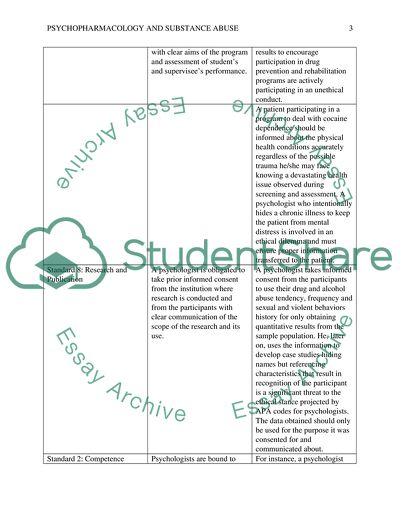Chart Applicable Standards to Psychology Specializations Coursework. Retrieved from https://studentshare.org/psychology/1699693-chart-applicable-standards-to-psychology-specializations
Chart Applicable Standards to Psychology Specializations Coursework. https://studentshare.org/psychology/1699693-chart-applicable-standards-to-psychology-specializations.


